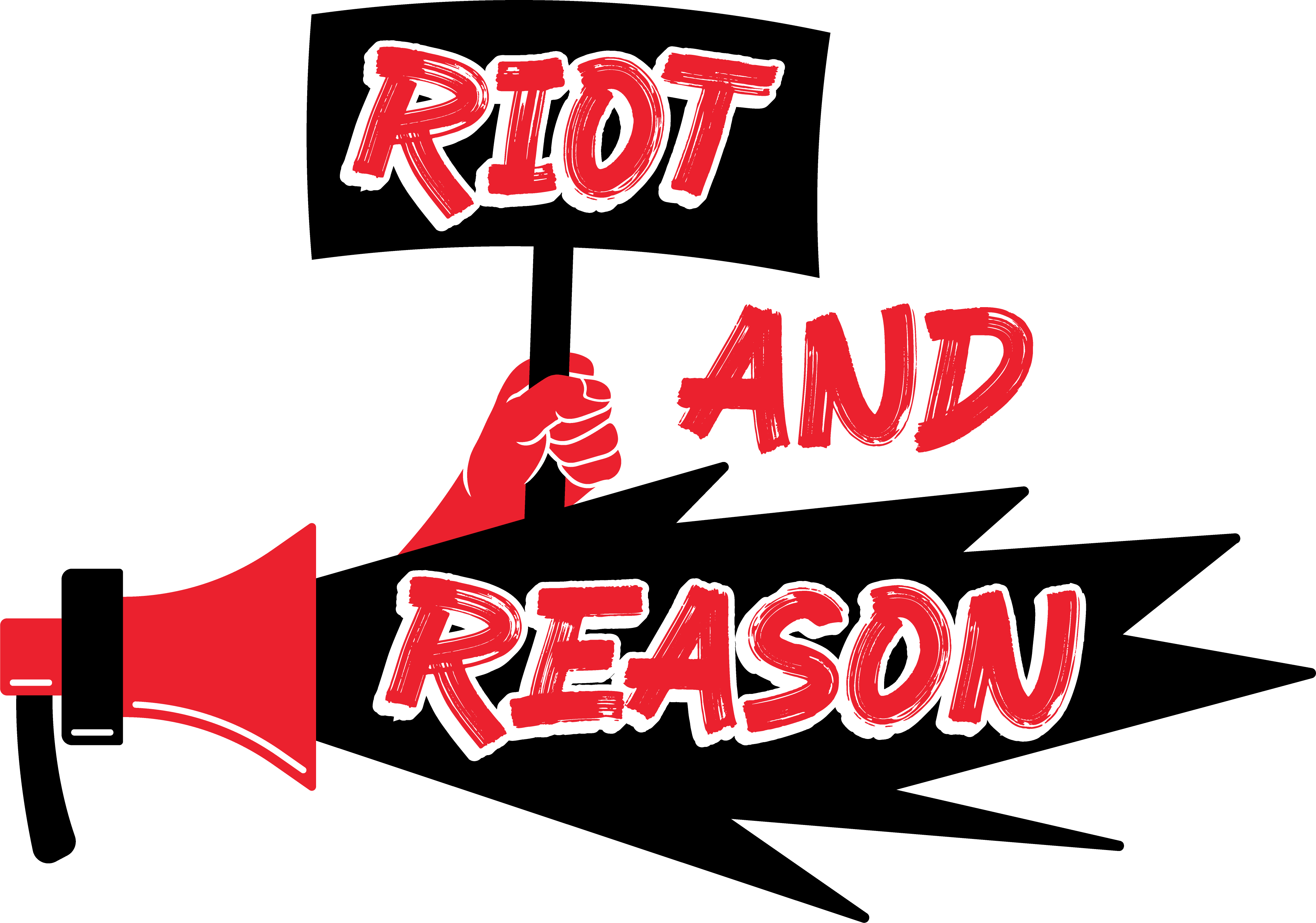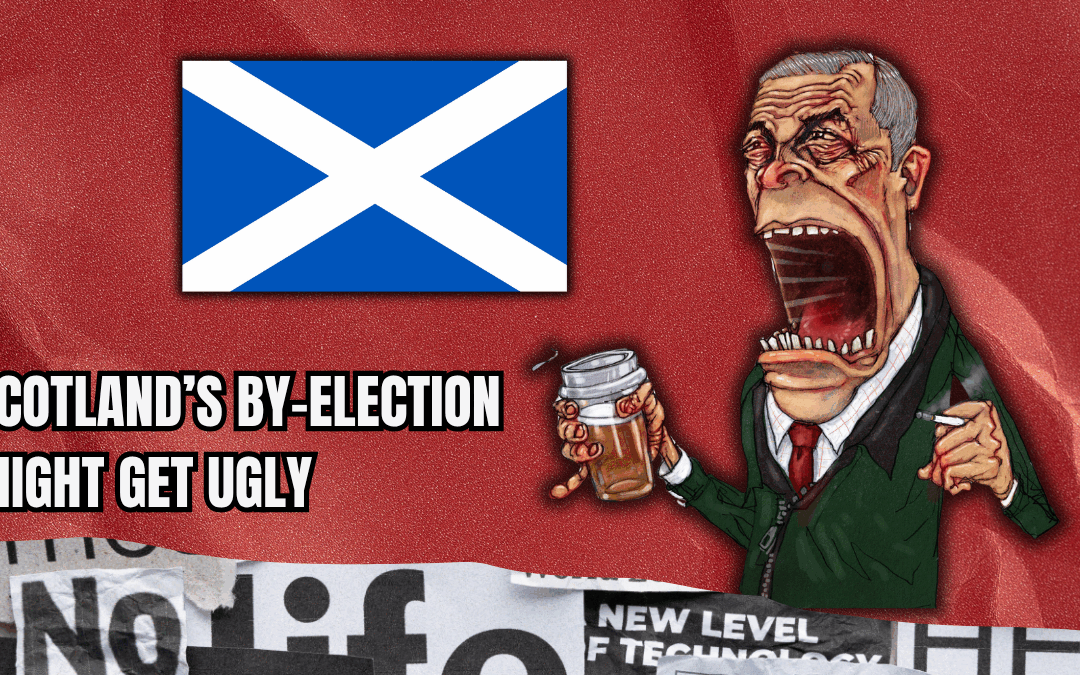
Reform’s message is finding support in unexpected places — including among some Hong Kong immigrants in the UK.
Is it difficult to imagine someone fleeing to the UK due to political turmoil, supporting a party that is calling for stricter immigration controls? This might sound contradictory, even absurd. However, for some Hong Kong immigrants building their lives in Britain, Reform UK’s policy resonates. This is a story about how new members of Britain, once united by a shared heritage, are now split up by politics, identity, and their hopes for the future in a country they are learning to call home.
An Unlikely Ally: The Refugee who is a Reform member
Adam, 22, fled to the UK to seek political asylum, escaping Hong Kong’s changing political landscape, particularly after the National Security Law, which has been criticised as a tool to suppress democratic voices, was enacted in mid-2020. More than 10,000 individuals were arrested concerning pro-democracy activities, 26 civil organisations disbanded, and at least two media outlets shut down, driving an estimated 500,000 Hongkongers to leave their homes.
Adam arrived with the hopes of freedom and a determination to start his new life. Yet, what surprises many is this: He is now a member of Reform UK — a controversial party widely criticised for its anti-immigration and allegedly racist stance.
“For now, Reform is the only party whose values align most closely with mine,” Adam said. “If I want to integrate into British society, it is important for me to think about what this country really needs.”
Reform UK, formerly the Brexit Party, is a right-wing political party that positions itself as an “alternative solution” to the traditional establishment, claiming to “stand up for British culture, identity and values”. Led by Nigel Farage, the party has drawn controversy over policies such as a proposed freeze on immigration, which critics say reflect far-right views and promote racist sentiment.
The idea that a former asylum seeker supports a party that wants to “take back control” of borders may seem paradoxical. In their policy document, Reform claims that strict limits on immigration are “the only way” to relieve social tensions and economic strain. While stopping illegal immigrants may well be a consensus for all parties, Reform proposes a radical approach, such as leaving the European Convention on Human Rights, starting a new department of immigration and deporting people arriving by small boats. However, these policies resonate with Adam, not despite his refugee status, but because of it.
“I came here legally and justified, and I paid my own way,” he said. “But those who are arriving on boats from places like France, which are already safe. I just don’t understand why they have to come to the UK.”
Adam is one of the few, if not the only, Hong Kong immigrants to have met Nigel Farage, the leader of Reform UK.
“He was actually quite friendly, almost like a stand-up comedian,” Adam says. “He didn’t care where I came from; as long as I contributed to the UK, he appreciated that.”
But his views set him apart from some in the Hong Kong diaspora community, especially those who see anti-immigrant rhetoric as a threat to their own future here in Britain. Karen, mother of two, now living in Rotherham, says she is alarmed by Reform’s rise.
The phrase “like a turkey voting for Christmas” is phrase to say one is voting against their own interest. It pops up a lot in online chats about Reform supporters. Karen says she agrees with the term to an extent.
“They are gambling on whether Farage sees Hongkongers as ‘quality’,” she says. “What happens if we are not… not that Farage deserves to be the Christmas Chef anyway.”
Since 2021, when the UK government introduced the BN(O) visa as a “humanitarian route” for Hong Kong citizens, over 160,000 people have resettled in the UK under the scheme. In 2024 alone, 20,700 Hongkongers arrived, a figure not far behind the 37,000 people who crossed the Channel in small boats. Given Reform UK’s hardline stance on immigration, it is understandable that some fear that Hong Kongers could be among the next groups targeted.
Is the Right Always Right?
For some Hongkongers, like Adam, supporting Reform UK is more than just domestic policy; it’s ideological. After the 2019 mass protest, thousands were arrested by the Hong Kong Government, backed by the Chinese Communist regime. In response, Western countries opened visa routes to provide a way out. Adam was among those who fled, choosing the UK as a safe haven from communist rule.
“I’ve spoken to various Reform members, and they are mostly very anti-communist,” Adam says. “In a way, they’re more radical than the Tories in opposing China, and that’s kinda why I support them.”
While Reform UK remains vague on its actual stance regarding BN(O) visa holders with no commitments made towards them, Nigel Farage himself has actually publicly criticised the Chinese government and condemned the crackdown on Hong Kong’s pro-democracy movement on multiple occasions. This sentiment is not uncommon among the Hong Kong diaspora, many of whom associate right-wing politics with localism in Hong Kong’s context and resistance to authoritarianism. But people like Karen believe that this mindset can be superficial and misplaced.
“In 2019, people started to care about politics in Hong Kong, but it’s only on a single issue: demanding democracy. Some of them never really thought about what policies or ‘which sides’ they actually support.” Karen said.
It isn’t without reasonable grounds that Karen holds this view. After sharing her thoughts on Threads, she was met with a wave of criticism. Some even accused her of being “disloyal” and betraying the ideals of localism. The backlash reflected a deeper issue: The assumption that opposing Hong Kong’s government means backing right-wing politics elsewhere, without questioning whether those views truly serve the people living here, HongKongers included, she said.
New Country New Questions: Who Do We Become Now?
Neither Karen nor Adam can fully represent the views of all Hongkongers on this issue, as others may share similar perspectives but different opinions. However, the complex political division between Hong Kong immigrants in the UK may reflect a broader identity issue for the diaspora community. As they leave their homeland and adapt to life in a new country, a shift in identity becomes almost inevitable, from being solely Hongkongers to becoming part of a broader community or even embracing a new British identity.
“If I want to integrate into Britain, I need to think about what the country really needs”, Adam said. “And that is precisely what Reform UK values; they are not against immigrants; they just want them to integrate.”
Karen, too, believes in integration, but not quite in the same terms. As a parent of two, Karen says she is worried for the future: “Even before Reform existed, I already worried my kids might be discriminated against. But if the social climate keeps moving backwards, what will that mean for our children?”
Her hope, she says, is for Hongkongers to “grow roots” in their new home. “Some Hongkongers left because they wanted democracy. Now that we have it in the UK, the next step is to reflect maturely on politics and society.” Karen says.
“That’s the way forward.”





